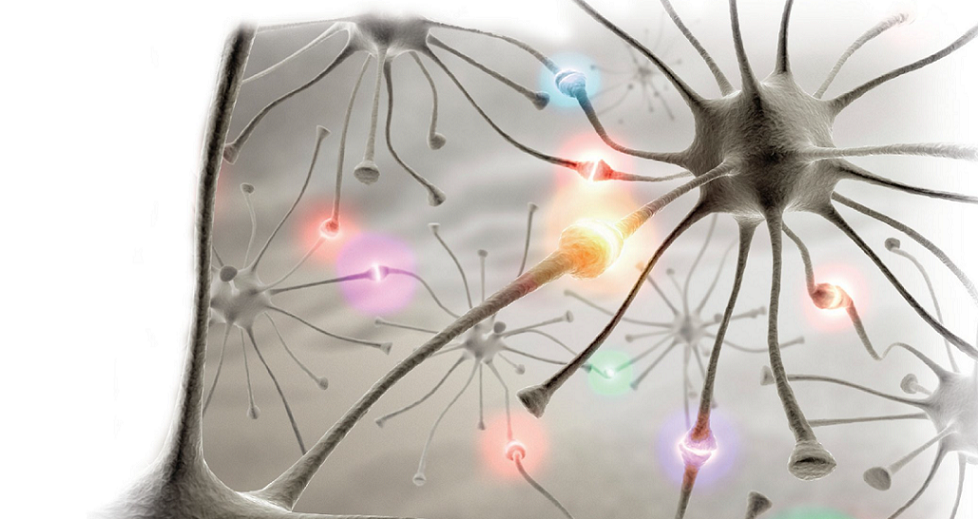Notes from the Pragmatic Thinking and Learning: Refactor Your Wetware

It’s been almost 2 years since I posted anything. Ironically my last post was about The Subtle Art of Not Giving a F*ck
Anyways, here are notes from the book I read years ago Pragmatic Thinking and Learning: Refactor Your Wetware by Andy Hunt:
Alcohol and aging can kill neurons (brain cells), but in rich environment with things to learn, observe, and interact, you will grow plenty of new neurons and new connections between them.
Step away from computer to solve hard problems. Go for a walk. Keep the problem in your mind, but don’t focus on it - the solution will bubble out.
Change viewpoint: imagine you are part of the component, e.g. you are a database query: when tired of waiting what will you do? Who would you tell?
The technique to read deliberately.
SQ3R:
- Survey - scan table of contents, summaries for overview
- Question - note any question you have
- Read - read in it’s entirety
- Recite - summarize, take notes, put in your own words
- Review - reread, expand notes, discuss with your colleagues/friends
- Make a mindmap for the next book you read
- Make a mindmap for your career, lifestyle plans, vacation
- Experiment with colored pencils, etc.
- Keep iterating, often you think you’re done - add just one more thing
Write on: documenting is more important than documentation
Not knowing is ok - not doing anything about it, is not. If you come across something you don’t know - explore, google it up, etc.
We learn best by discovery, not instructions; just be aware!
Don’t jump to fix an apparent bug without fully evaluating what’s really wrong first. Fight the urge to rush to judgement or to premature fix. Be fully aware of how the system works/behaving and only then decide what part of that is wrong before moving to device the solution.
We are natural mimics - mimic the experts, greats, pros! If you do all the expert does, you’ll get same results.
Groove your mind for success!
Work with C++ for a while - then Java will seem easier :-)
Be the expert. Don’t just pretend, actually play the role of the expert. Notice how this changes your behavior.
Learn to pay attention - meditation (Vipassana) helps. Take three relaxing “meditative” breaths at memorable times during the day: waking, at lunch, dinner or before meeting.
Defocus to focus - let go the problem with your conscious mind and let the problem sit in the marinate of thoughts for a while. The ideas should stew and the problem will be “getting resolved” in the background.
Rule of Three - think of three different solutions to a problem, otherwise you haven’t thought this through enough. Let at least three ideas ferment and come to your consciousness. They are in there already: let them grow and ripen.
For marinating, categorizing, and developing thoughts use personal wiki - you’ll get more great ideas. Check out Notion tool or similar alternatives.
The faster you reply to email - the faster you’re expected to reply in future. Chose your own tempo for emails. Sends less email and you will receive less email.
Do context-friendly breaks - if you are stuck or tired and need a break - go for a walk (alone). Do not switch to reading news/Slashdot or checking your email - that’s a major distraction. You can lose your train of thoughts, it’s important to keep them in mind.
Optimize your personal workflow to maximize context, e.g. use big monitors, learn keyboard shortcuts - basically avoid context switching!
Start with a plan
- keep track of your accomplishments and review them
- plan and manage them and your ideas (journals, wiki)
Inaction is the enemy, not error - danger is not doing something wrong, it is not doing anything at all.
New habits take time - it takes at least 3 weeks of performing a new activity before it becomes a habit.
Belief is real. Thoughts physically alter the wiring in your brain and brain chemistry. You have to believe that change is possible. If you think you’ll fail, you’ll be correct.
Take small next steps - pick a low-hanging fruits first.
Start taking responsibility; ask “why?”, “how do you know?”
Mistakes are good - plan to making more of them and learn from it.
Keep notebook, wiki to keep and manage your ideas.
Make thoughtful walking a part of your day.
 Never miss a post, subscribe to my newsletter
Never miss a post, subscribe to my newsletter